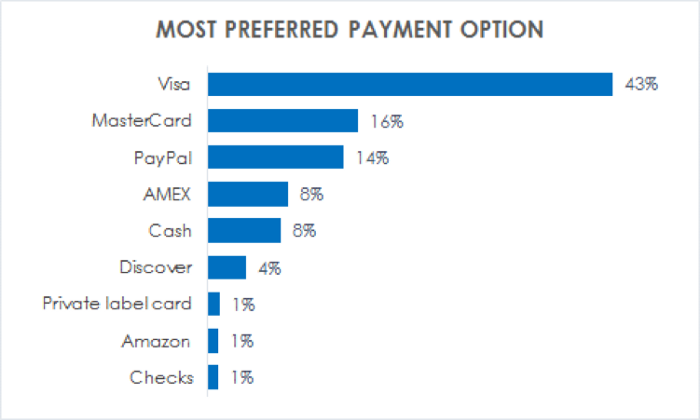It is just the beginning of the coin offering market. In this article we, Block X Bank, an investment bank focused on blockchain, will be exploring using the best data available the past, present and future of the Initial Coin Offering (ICO) market.
Total potential market size
Private Equity Assets under management are valued in total to about $2.5 trillion USD. A Private Equity investor is typically locked in for 7 to 10 years. In general, the investment is difficult to value during that time. And the investor receives back their payment at the time that is solely at the discretion of the fund manager.
Imagine a world where most crypto-coins are regulated securities trading on regulated securities exchanges. And shares in companies, cash flows, dividends, interests, notes, and other existing proven financial products back these coins.
Read more
